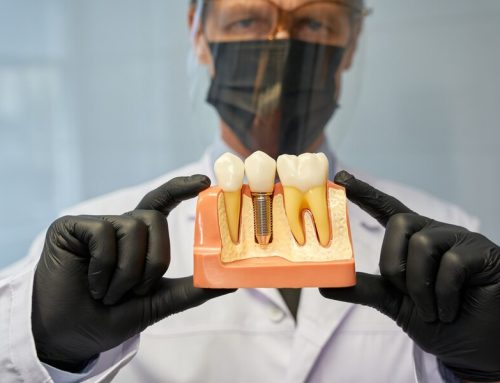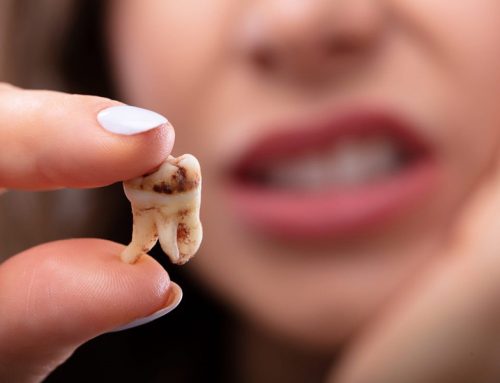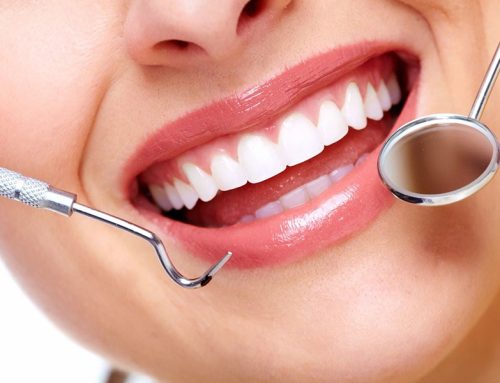Pediatric Dentistry as a specialized branch of dentistry focuses specifically on the oral and dental health needs of children from infancy through adolescence. The importance of this field is growing due to the unique sensitivities of childhood and the long-term impact of dental issues on a child’s overall health. In this article, we will explore various aspects of pediatric dentistry, their specific needs, and methods of treatment and prevention. To learn more about the different facets of children’s dentistry, join us.
What is Pediatric Dentistry?
Pediatric dentistry, or dentistry for children, is a specialized branch of dental science designed to diagnose and treat dental diseases and problems in children and adolescents. This field particularly emphasizes child psychology, communication with children and parents, and the ability to create a calm and pleasant environment for dental treatments. Pediatric dentists understand that children, due to their age and limited experiences, may fear dental procedures. Therefore, non-invasive methods and supportive approaches are prioritized in this field.
The Importance of Dental Care in Childhood
Because primary (baby) teeth emerge in early life and are gradually replaced by permanent teeth, many parents assume that dental issues at this stage are insignificant and do not require treatment. However, this mindset is highly misguided. Neglecting oral health in early childhood can lead to more serious problems in the future. For example, cavities in baby teeth not only affect permanent teeth but also impact a child’s psychological well-being. Issues such as pain, discomfort, and reduced self-confidence can influence a child’s daily life.
Recommended Dental Check-Up Intervals for Children
Dental visits should begin with the eruption of the first baby tooth and continue regularly every six months. This routine helps parents ensure their child’s oral health and allows for prompt treatment if problems arise. A pediatric dentist can not only detect cavities and other dental diseases but also identify and address issues such as malnutrition caused by dental pain.
How Does Pediatric Dentistry Differ from Adult Dentistry?
Generally, pediatric and adult dentistry each have their own distinct features and services. Pediatric dentistry focuses more on prevention, education, and creating a positive experience, while adult dentistry emphasizes cosmetic and functional improvements, restoration, and managing oral health issues. Recognizing the specific needs and approaches of both fields is crucial, as a positive dental care experience can significantly impact overall oral health throughout life.
Pediatric Dentistry
Pediatric dentistry places special emphasis on preventive services and aims to teach children proper oral hygiene habits. It is recommended to take your child to the dentist as soon as their first tooth emerges. These visits are not only for dental examinations but also help familiarize children with the dental environment, reducing their fear and anxiety about treatments.
Pediatric dentistry services include fluoride treatments and dental sealants as preventive measures against cavities. If cavities do form, pediatric dentists quickly identify and treat them to prevent worsening conditions. Additionally, orthodontic evaluations are part of pediatric dental care, helping to detect the need for restorative or cosmetic treatments at an early age.
A key aspect of pediatric dentistry is managing children’s emotional and psychological state during treatment. Pediatric dentists are trained in special techniques to reduce anxiety and fear, creating a positive dental visit experience. These approaches include creating a friendly environment and using simple, colorful explanations about treatment steps.
Pediatric dentists typically care for patients until the age of 18. However, once a child’s permanent teeth have fully erupted, parents can transition their child to general dentists or family dental clinics.
Adult Dentistry
Adult dentistry focuses on two main areas: cosmetic dentistry and restorative dentistry, addressing the specific needs and health challenges that come with aging.
-
Cosmetic Dentistry aims to enhance smile appearance and boost patients’ confidence. Patients seeking to improve their smile can benefit from services such as dental veneers, bonding, gum contouring, and teeth whitening. These methods help correct cracks, gaps, and tooth shaping, allowing patients to achieve a beautiful and attractive smile.
-
Restorative Dentistry focuses on improving oral health and ensuring proper tooth function. Adults often visit dentists for issues like cracked teeth, tooth loss, or cavities. Treatment options include implants, crowns, bridges, and dentures, designed to restore chewing function, speech, and aesthetics.
Why Should Children See a Pediatric Dentist?
Pediatric dentistry plays a vital role in maintaining and improving children’s dental health. This branch of dentistry specifically addresses the unique needs of children at different developmental stages. Below are several reasons highlighting the importance of visiting a pediatric dentist:
-
Assessing Physical and Rehabilitation Needs
Pediatric dentists identify and evaluate physical issues related to head and dental abnormalities in children, including behavioral and medical disabilities. They provide tailored solutions for children with learning disabilities or behavioral disorders, helping parents understand and address these challenges. -
Monitoring Oral and Dental Development
The growth of teeth and jaw structure in children is a critical process. Pediatric dentists monitor this development to reduce the likelihood of current and future dental problems. Regular check-ups help parents prevent serious dental issues and ensure healthy dental growth. -
Preventing Dental Injuries
A primary goal of pediatric dentistry is preventing dental injuries. Through proper education and counseling, pediatric dentists teach parents and children about oral care, reducing the risk of dental problems. This includes using mouthguards during sports and promoting good oral hygiene. -
Teaching Proper Oral Hygiene Habits
Pediatric dentists educate children on correct brushing techniques, flossing, and the importance of a healthy diet for dental health. These lessons help children develop lifelong habits and understand the reasons behind oral care. -
Addressing Special Needs
Pediatric dentists are trained to care for children with special needs, such as those with Down syndrome or other physical and cognitive challenges. They apply specialized approaches to ensure effective treatment and prevention. -
Comprehensive Child Health Management
Pediatric dentists take a holistic approach, similar to pediatricians, considering not only dental health but also overall well-being. This allows parents to receive valuable health advice during dental visits.
In summary, visiting a pediatric dentist helps parents stay informed about their child’s oral health and take preventive measures. Healthy teeth positively impact a child’s quality of life, mood, and self-confidence. Thus, choosing a pediatric dentist is an essential responsibility for parents in safeguarding their child’s health.
Final Thoughts
Pediatric dentists play a crucial role in maintaining children’s oral health and shaping lifelong hygiene habits. Teeth and gums require special care during growth, and regular dental visits can prevent serious future problems. Routine check-ups and proper education on brushing techniques and healthy eating boost children’s confidence and reduce unnecessary dental fears. A pediatric dentist creates a calm and supportive environment where children feel safe and comfortable.







Leave A Comment